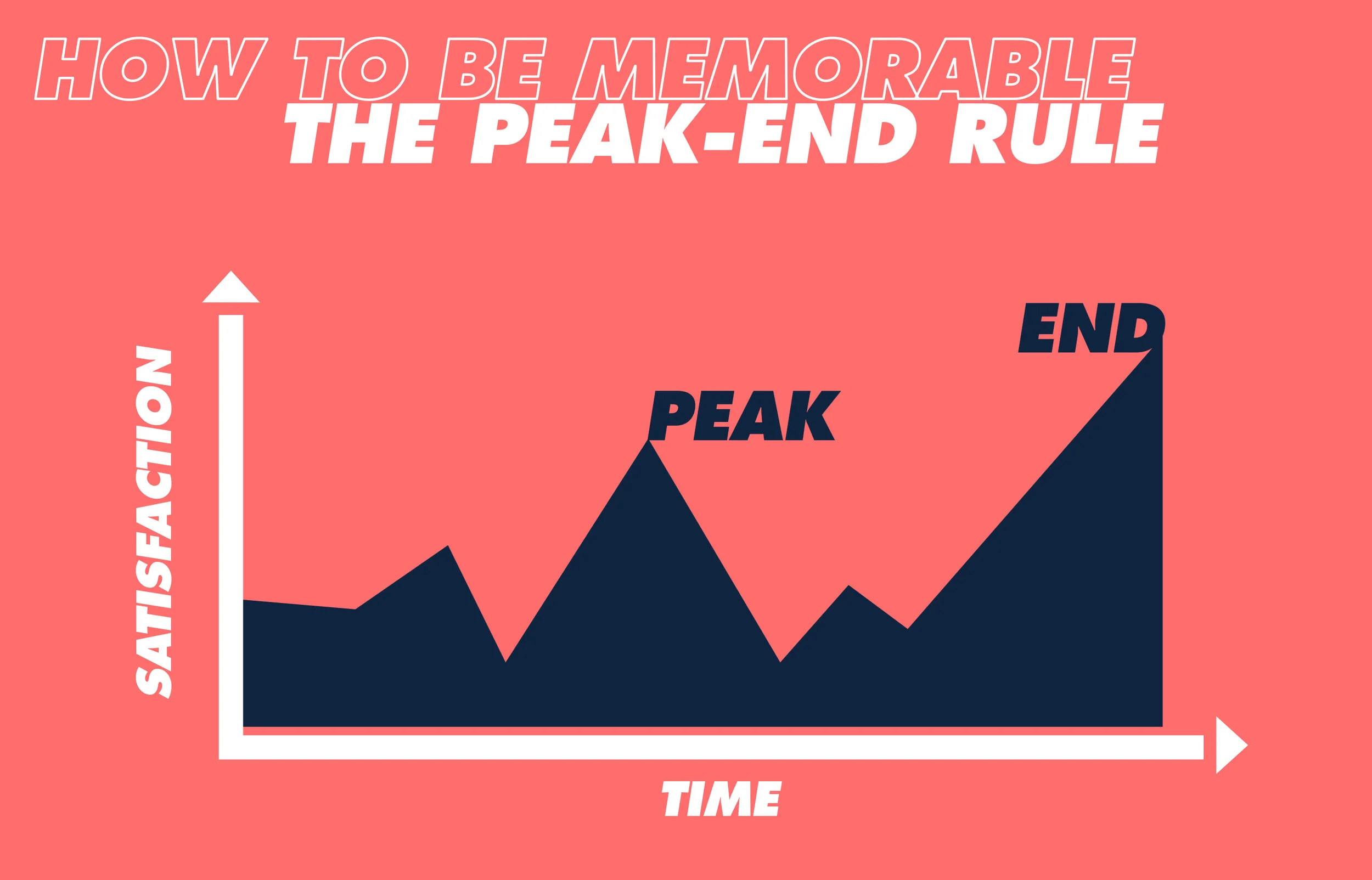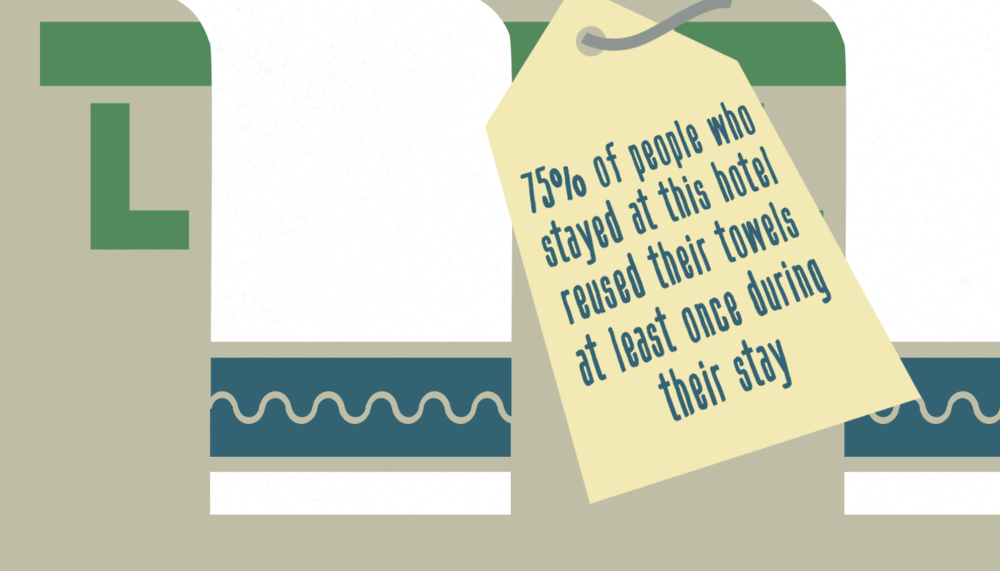Authority Bias
“Think for yourself and question authority.”
Would you administer a life-threatening electric shock to a stranger just because someone told you to?
In 1963, Yale University psychologist Stanley Milgram conducted one of the most controversial and well-known examinations of human behaviour.
Milgram designed his experiment to understand to what degree the horrors perpetrated by the Nazi regime were to do with people being obedient and unquestioning of those in authority.
It involved subjects being placed in a room next to a machine that appeared to control amounts of electric shock ranging from mild to extreme.
They were informed that they were the 'teacher' and, in a room adjacent to them, another person was the 'learner.' They were told it was their task to administer electric shocks to them.
Under instruction, they were told to raise the level of shock treatment incrementally. They were given several prompts to continue if they hesitated at any point.
Incredibly, even as the electric shocks climbed higher and higher and (fake) cries of the person in the other room could easily be heard, 65% of participants administered a perceived 450 volt (considered deadly) shock when instructed to do so.
Why?
Milgram concluded it was a result of our inherent ‘authority bias.’
Because the people instructing the 'teachers' to administer the shock treatments were wearing doctor's uniforms, they were assumed to be in charge and, therefore, in control of the situation.
In effect, ordinary people will always likely follow orders given by an authority figure, even to the extent of killing an innocent person.
This phenomenon influences us daily.
For example, a person’s job title can influence how we perceive that person’s opinions.
This often leads to the HIPPO (highest-paid person's opinion) effect in business meetings, where the more junior employees tend to follow the suggestions of the person with the biggest salary.
Also, if a person has letters after the name (Dr, PhD, etc.), it can immediately influence how we perceive their opinions.
Brands often use the ‘authority bias’ in advertising to legitimise their message.
For example, many toothpaste ads carry endorsements by a dentist.
And brands often partner with celebrities who are seen as experts in certain areas. For example, a celebrated chef could recommend a line of kitchen knives.
When it comes to communication, who delivers the message is as important as the message itself (sometimes more so).






